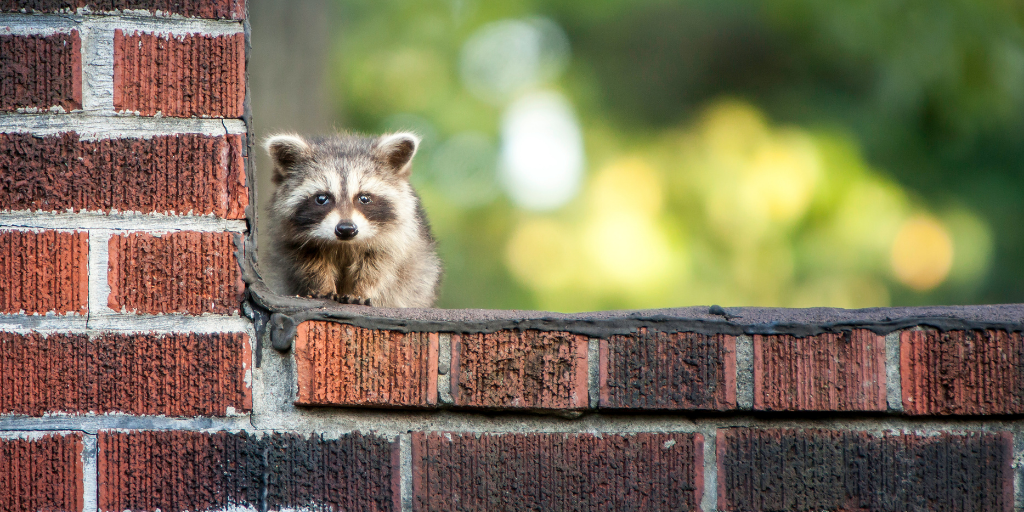These critters may look adorable, but they can cause damage to your home and are dangerous for you, your family, and your pets. Raccoons are great climbers, swimmers, jumpers, and runners. Their five-toed paws make them very capable of getting into things they shouldn’t. If you currently have or suspect you might have unwanted critters in your home, these tips will help you become aware and safeguard your home from raccoons.
Raccoons are aggressive
Because they’re wild animals, they can become aggressive if they feel threatened. They may lash out by biting or scratching people or pets they encounter which is especially dangerous because they are common carriers of rabies, a virus that affects the nervous system of mammals when infected.
They damage your home structure
You might not even notice it without close inspection, but raccoons can make their way into your home by tearing off roof shingles and fascia boards, damaging rooftop ventilators, and slashing through insulation.
Watch your garden
If your lawn has a lot of holes in it, or your mulch pile has a lot of holes, you probably have a nightly visitor. Raccoons will dig up lawns and mulch piles looking for insects to eat. They might also try to empty your bird feeders and are known to raid chicken coops, stealing eggs and even killing chickens.
They leave hazardous souvenirs
Raccoons tend to leave behind droppings that are not only unsanitary, but can also carry harmful diseases and parasites.
Don’t feed the wildlife
This rule applies to all wildlife, especially raccoons. Raccoons are omnivorous, meaning they will eat anything from grubs to crayfish, as well as all the plants and vegetables that you have in your garden, too. Never try to feed raccoons by hand and don’t leave food out for them – this includes not leaving pet food outside. Raccoons likely will not realize that the kibble was intended for your cat.
Let’s talk about trash
Be mindful of your garbage situation. Keep your garbage inside until collection day if possible and make sure that the lids on outdoor trash cans are secure. Consider investing in lock mechanisms, cords, or weights to keep the raccoons out of the trash.
Signs you have a problem
Because these critters are nocturnal, you likely won’t notice them since you and your family will be asleep while they are awake. So, what can you do to see if you have a raccoon problem? It’s easy, look and listen. Be aware of structural damage, like torn shingles, and evidence of feeding, like ransacked trash. Other pretty clear signs to look out for are tracks and droppings. Listen for rustling sounds emanating from the walls — this could be a sign of a baby raccoon hiding near the warmth of your home.
Assess the situation
If you haven’t seen or heard any signs of raccoons, it’s still a good idea to inspect your home regularly. Be especially aware in fall months, as they like to prepare for the cold winter.
Top places to check
Racoons typically look for warm places to live, especially female raccoons searching for a place to nest. Common places to check are your roof and roof vents, attic, chimney, crawl space, and under the porch or deck.
How to get raccoons away from your home
If you’ve noticed that you may have raccoons living around or in your home, it’s a good idea to start blocking access points, if possible. This means repairing any holes or reinforcing high-risk access areas, such as roof vents or spaces under the deck, with covers like heavy wire screening. You can also try putting lights in your garden and around the outside of your home. A bright lantern will sometimes keep sun-shy raccoons away.
Wildlife removal can be tricky business. That’s why it’s important to take preventative measures to keep wildlife outside and distant from your home’s structure. If all else fails, there are many wildlife professionals available.
If you’re worried that unwanted critters could cause damage to your home, consider speaking to an insurance agent to see if they can help by providing you with home insurance. Call us today for a quote!


Recent Comments